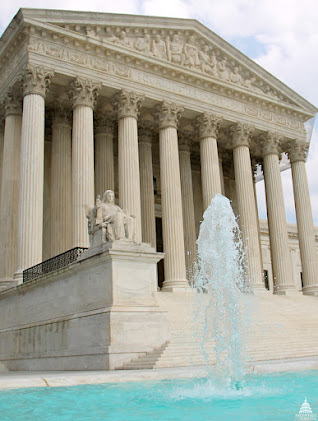Law Enforcement Social Media: A Leadership Imperative
Many police agencies are on social media -- but are they being utilized effectively as a strategic communications platform? And are agency leaders aware of how important they are, and what opportunities (and risks) they present?
An astounding number of people are now on social media
platforms; the We
Are Social 2022 report for the United States indicates that users on
average spend just over seven hours a day on the internet or social media. It
may sound like a lot, but compared to some other countries (South Africa clocks
in at 10 hours, 46 minutes and Mexico at eight hours, 55 minutes), apparently we
do other stuff.
Leaders can use these statistics to help understand the
social media environment and how they can chart a social media strategy for
their agency. Law
enforcement can use social media to support many of their activities and
operations. Not fully understanding social media, the platforms, and
expectations of the public can
pose risks to law enforcement agencies and officers, however, that leaders
must fully appreciate, accept, manage, and be responsible for.
A 2019 report on law enforcement use of social media by the Urban Institute (using 2016/2017 survey data) found some very interesting facts, as well as provides some excellent guidance for agencies who want to leverage social media to improve community relations and increase transparency. For example:
- 36% of Tweets from agencies were for public relations and recruitment efforts, while only 3% were soliciting information from the public on crimes or criminal activity;
- ·26% of Tweets in the survey of 280 law enforcement agencies were text only, compared to 24% which included a photo or video. This is important because photos or videos can draw people in, versus plain text.
- ·79% of social media metrics were on “likes” of posts, while only 20% included community survey results to measure “success” in social media engagement
There are a number of excellent resources for agencies and
executives to leverage as they explore the importance of being on, and
connecting to the community through, social media. Here are a few that I find
especially interesting or useful:
- International Association of Chiefs of Police Social Media page
- Police Executive Research Forum’s 2018 report on social-media use
- A case study on using best practices in social media for law enforcement
- International Association of Law Enforcement Intelligence Analysts social media awareness for law enforcement primer
Being on social media requires planning, oversight, and leadership from the top. Focusing on the best practices and what the community needs is paramount. Using the research to help drive the strategy and implementation is essential, because doing otherwise will open the agency (and possibly individuals) to extreme risk in a volatile and often hostile political and civic environment.
Photo: Pixabay Image (CC); Meme by C. May (2022) via Imgflip Image tagged in police arguing - Imgflip



Comments
Post a Comment